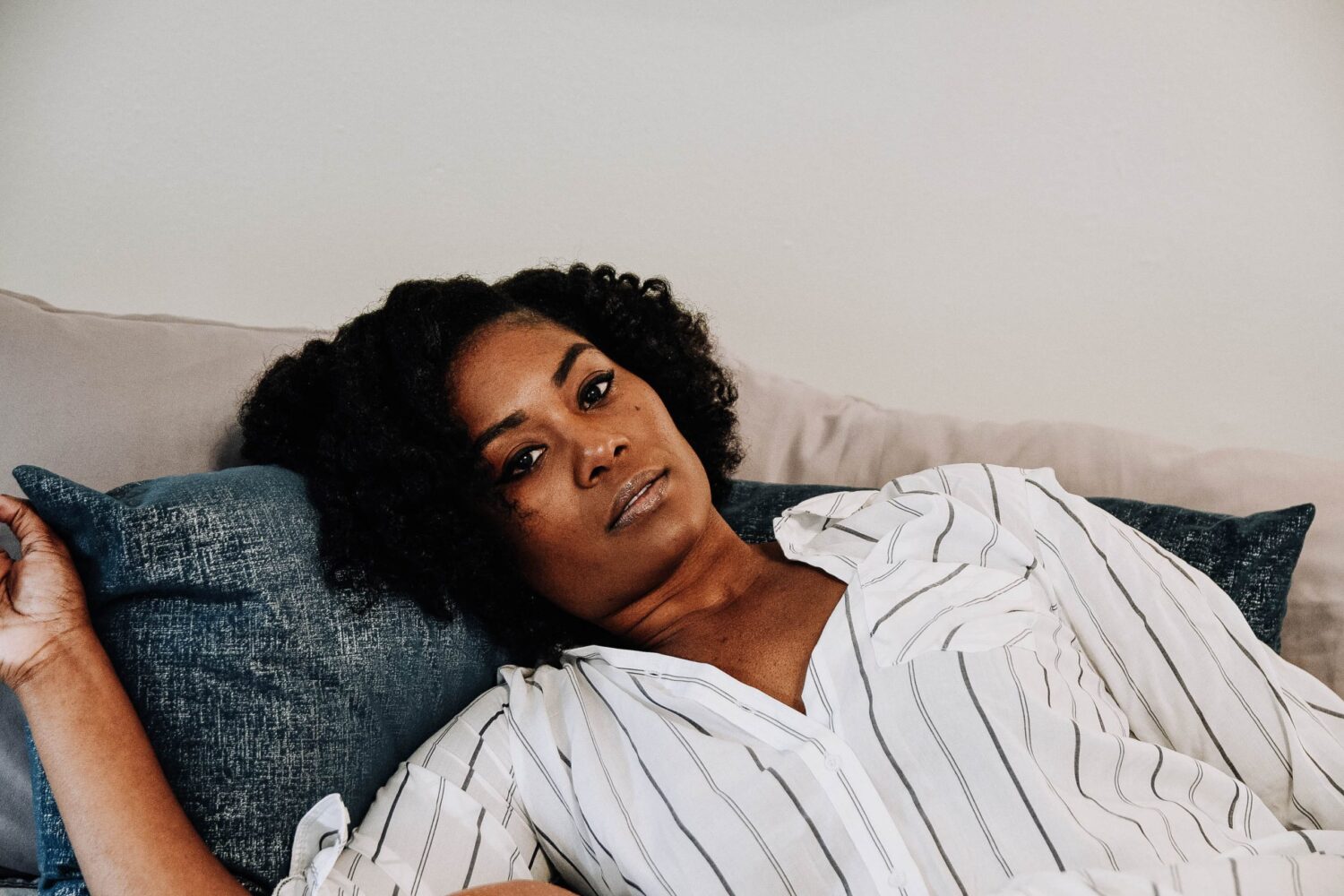What You Should Know About Covid-19 Vaccines and Fertility

Within the month of May, special emphasis is placed on National Women’s Health Week, an observance led by the U.S. Department of Health and Human Services Office. The goal is to empower women from May 8-14 to make their health a priority and help women understand what steps they can take to improve their health.
During a time when there appears to be waning interest in getting the COVID-19 vaccine, there are still many grapple with the decision to get vaccinated because of concerns they have about potential negative side effects. One concern is that the vaccine can cause infertility.
The stigma attached to infertility takes a toll on mental health. Unfortunately, that stigma can be especially damaging for Black women.
Dr. Eynav Accortt, clinical psychologist and director of the Reproductive Psychology Program at Cedars Sinai Hospital, wrote an article titled Infertility and Mental Health Studies.
“Infertile couples experience significant and emotional distress. One study of 200 couples found that half of the women and 15% of the men said that infertility was the most upsetting experience of their lives,” Accortt wrote.
So, if women or men have concerns about the COVID vaccine and its impact on fertility, they will likely choose not to get vaccinated.
This article is intended to reduce those concerns while acknowledging the history of medical abuse of Black people.
A Grim History
Many Black people are familiar with the Tuskegee experiment on Black men with syphilis starting in 1932. Penicillin became the standard treatment for the disease in 1947, but was withheld from the men, and many died as a result. Some who survived suffered long-term complications after the study ended in 1972.
While Tuskegee was a heinous act, many people are not aware that a century before that study, Black women were subjected to barbaric acts of experimentation.
The first vaginal speculum was created by Dr. James Marion Sims. Known as the founder of modern gynecology, Sims performed major surgeries without the benefit of anesthesia and proper sanitation on enslaved women.1 Until recently, a statue of Sims stood in Central Park across from the New York Academy of Medicine.
That grim information affirms the skepticism Black people, and women specifically, have about medical practices. There are some facts about modern medicine that might provide solace.
Black Women and COVID-19 Vaccines
First, cautionary information has been shared about the COVID vaccine, as has been the case for all modern FDA-approved medications. Second, research from the developers Pfizer BioNTech, Modena and Johnson & Johnson was approved by the Federal Drug Administration (FDA). When there was a problem with the Johnson & Johnson vaccine, it was disclosed. The vaccine was removed from circulation until the company proved the issue was resolved.
There are several risk factors that can lead to infertility in men and women. Absent from those factors are vaccines. Among the risk factors contributing to female infertility are abnormal menstruation, kidney disease, pelvic inflammatory disease, and endometriosis, according to Cleveland Clinic reports.
“There isn’t evidence that any vaccines — including COVID-19 — cause infertility,” said Dr. Rachel Villanueva, a Black OBGYN based in New York City and president of the National Medical Association. “Though for men who have contracted COVID, some have experienced a temporary decrease in sperm count that, based on timing, could make conception a temporary challenge.”
A study from Boston University supports what Dr. Villanueva shared.
In conclusion, medical professionals like Dr. Villanueva and Sandra Lindsay, a Black nurse at Long Island Jewish Medical Center, have proven their trustworthiness. Lindsay was the first person in the country to get the Pfizer-BioNTech vaccine on December 14, 2020.
The shot was administered by a Black provider, Dr. Michelle Chester. Lindsay did what so many Black women have done over the ages: she stepped up to lead the way for others. In the case of COVID and its impact on communities of Black and brown people, Lindsay said she trusted science even though she was aware of past medical atrocities.
This information may put minds at ease. If friends and family want to get pregnant, they hopefully won’t let fears about the COVID vaccine stop them from trying. May is the month dedicated to Women’s Health. There are other resources available in addition to those listed within this article. Take advantage of the information and pursue your dream of pregnancy.
Paula Penebaker is a member of the Public Relations Team for Creative Marketing Resources, a strategic marketing agency in Milwaukee and a partner of the Cobb Institute.
Sources:
1 Post Traumatic Slave Syndrome: American’s Legacy of Enduring Injury & Healing, Dr. Joy DeGruy, Pp 61-62
For more information about J. Marion Sims, visit tiny.one/yc7kyh56.
For more information about COVID-19 vaccines, visit vaccines.gov.
For more information about the U.S. Department of Health & Human Services’ COVID-19 public education campaign, visit We Can Do This.
